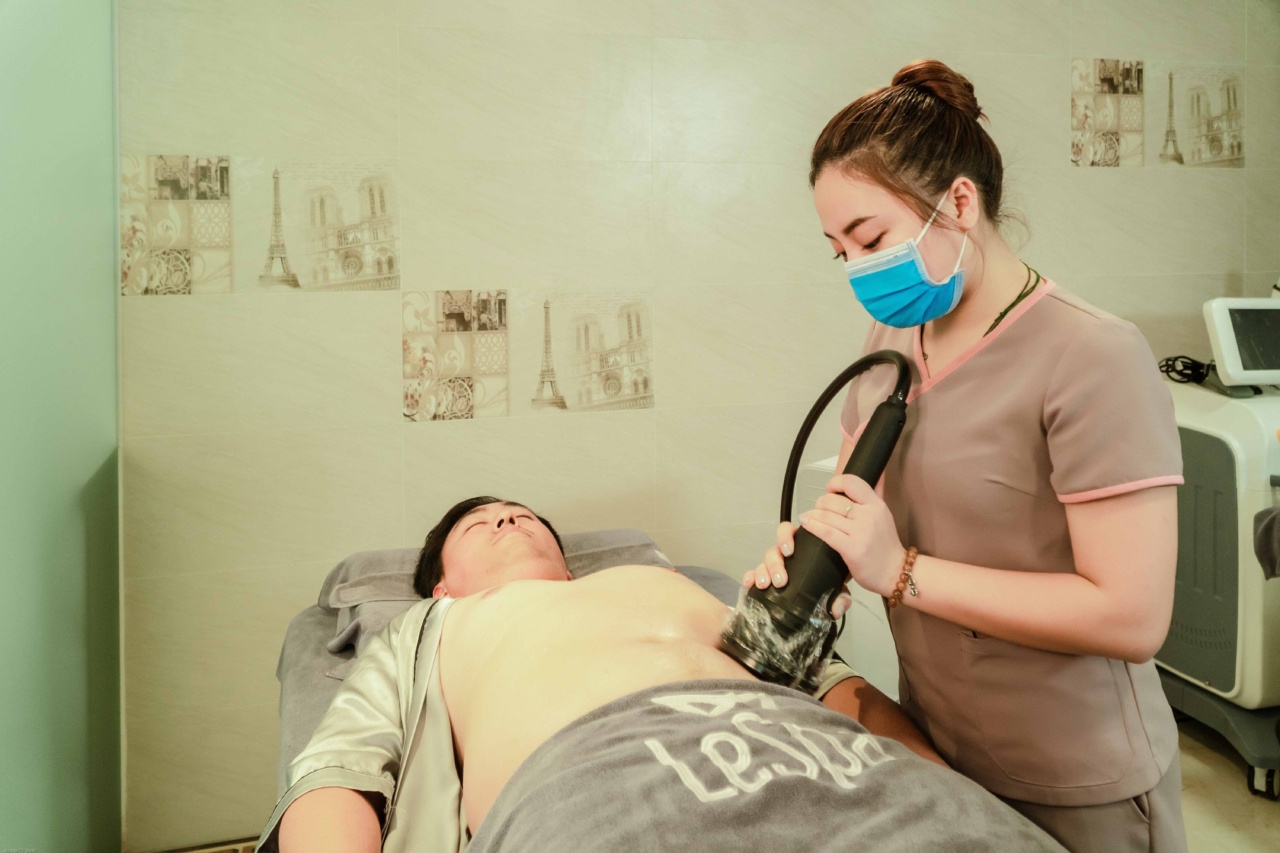Agoraphobia is a type of anxiety disorder characterized by an intense fear and avoidance of situations or places that might cause feelings of panic or embarrassment.
People with agoraphobia often avoid places such as crowded areas, using public transportation, or being in open spaces, which can severely impact their daily lives and relationships. Managing agoraphobia requires understanding its symptoms and seeking appropriate treatment. This article aims to shed light on the symptoms and available treatment options for agoraphobia.
Symptoms of Agoraphobia
Individuals with agoraphobia may experience a combination of physical and psychological symptoms. These symptoms typically manifest when they find themselves in situations or places they fear. Common symptoms include:.
- Persistent fear of having a panic attack
- Anxiety or panic in certain situations or places
- Avoidance of specific situations or places that trigger fear
- Feeling trapped or helpless
- Shortness of breath or rapid breathing
- Racing heartbeat or heart palpitations
- Trembling or shaking
- Sweating excessively
- Nausea or stomach discomfort
- Dizziness or lightheadedness
- Chest pain or tightness
- Numbness or tingling sensations
- Feeling detached from oneself or reality
- Fear of losing control or going crazy
Causes of Agoraphobia
The exact causes of agoraphobia are unknown, but a combination of biological, psychological, and environmental factors may contribute to its development. Some potential causes and risk factors include:.
- Genetic predisposition or family history of anxiety disorders
- Past traumatic experiences or significant life stressors
- History of panic attacks or other anxiety disorders
- Learning from observing others’ fear or anxiety
- Imbalance in brain chemicals involved in anxiety regulation
- Specific phobias or specific triggers
- Substance abuse or withdrawal
Treatment Options for Agoraphobia
While agoraphobia can be debilitating, it is a treatable condition. The most effective treatment approaches typically involve a combination of therapy and, in some cases, medication. Here are some treatment options for managing agoraphobia:.
1. Cognitive Behavioral Therapy (CBT)
Cognitive-behavioral therapy is a commonly used and highly effective treatment for agoraphobia. CBT aims to identify and challenge negative thoughts and beliefs that contribute to fear and avoidance behaviors.
A therapist trained in CBT helps individuals develop coping strategies and gradually face feared situations through exposure therapy.
2. Exposure Therapy
Exposure therapy is a form of CBT that involves gradually exposing individuals to feared situations or places in a controlled and supportive environment.
The goal is to desensitize the individual to the anxiety-provoking stimuli through repeated exposures, allowing them to gain confidence in managing their anxiety symptoms.
3. Medication
In some cases, medication may be prescribed to help manage the symptoms of agoraphobia. Selective serotonin reuptake inhibitors (SSRIs) and benzodiazepines are commonly used medications.
SSRIs help regulate serotonin levels in the brain, while benzodiazepines provide temporary relief from anxiety symptoms. Medication should always be prescribed and monitored by a qualified healthcare professional.
4. Support Groups
Joining a support group can be immensely beneficial for individuals with agoraphobia. Interacting with others who understand their experiences can provide comfort, validation, and practical advice.
Support groups offer a safe space for individuals to share their struggles and learn from one another’s coping strategies.
5. Self-Help Techniques
There are various self-help techniques that individuals with agoraphobia can practice to manage their symptoms:.
- Deep breathing exercises
- Progressive muscle relaxation
- Mindfulness and meditation
- Visualizations and guided imagery
- Positive self-talk and affirmations
- Gradual exposure to feared situations or places
- Journaling and expressing emotions
6. Lifestyle Modifications
Making certain lifestyle modifications can contribute to managing agoraphobia:.
- Getting regular exercise and maintaining a healthy lifestyle
- Managing stress through relaxation techniques
- Maintaining a balanced diet and avoiding caffeine and alcohol
- Getting enough quality sleep
- Engaging in hobbies and activities that bring joy
- Building a strong support network of family and friends
- Practicing self-care and prioritizing personal well-being
Seeking Professional Help
If you suspect you may be experiencing symptoms of agoraphobia or any other mental health condition, it is crucial to seek professional help.
A healthcare provider or mental health professional can conduct an assessment, provide an accurate diagnosis, and recommend appropriate treatment options tailored to your needs.




























